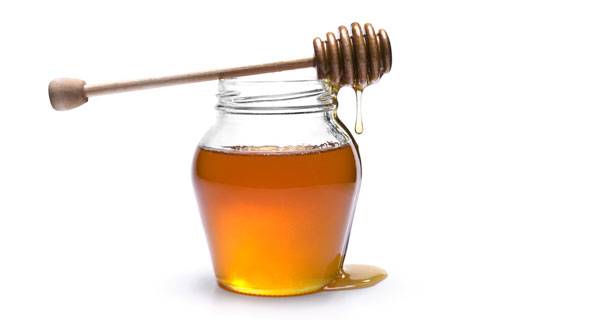Advertisement
Manuka Honey Can Fight Bacteria and Heal Wounds
Manuka honey has long been used for numerous conditions, including treating wounds. Now, a new study offers evidence to back up these traditional claims. The many varieties of honey boast medicinal properties. Of them, manuka (created when honeybees collect nectar from the manuka tree) is considered an especially potent variety. The study, published in Microbiology, … Continued

Manuka honey has long been used for numerous conditions, including treating wounds. Now, a new study offers evidence to back up these traditional claims.
The many varieties of honey boast medicinal properties. Of them, manuka (created when honeybees collect nectar from the manuka tree) is considered an especially potent variety.
The study, published in Microbiology, revealed that manuka honey can clear up chronic wounds infected with Streptococcus pyogenes, and can even prevent wounds from becoming infected. It does this by preventing the bacteria from sticking to wound tissue. Streptococcus pyogenes is a particularly tricky bacterium, as it doesn’t respond well to antibiotics.
But it doesn’t stop there—manuka honey is thought to inhibit more than 80 types of bacteria! Ongoing research is being done to uncover manuka’s effect on the antibiotic resistant bacteria MRSA, and preliminary research has given positive results.
These findings are especially important as bacterial resistance is on the rise. Scientists have been searching for new ways to treat bacteria when conventional antibiotics no longer prove effective, and many are turning toward traditional methods, such as the use of different plants and foods.
Of course, regular honey is also healthy, and is commonly used as a natural sweetener.





